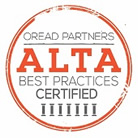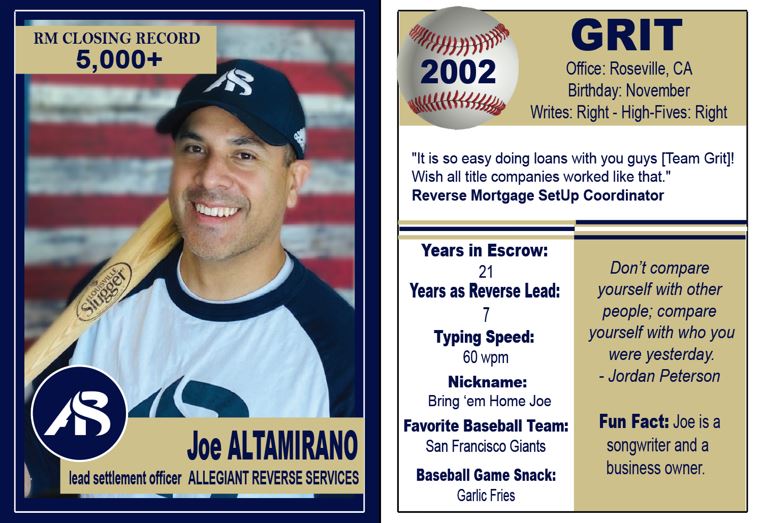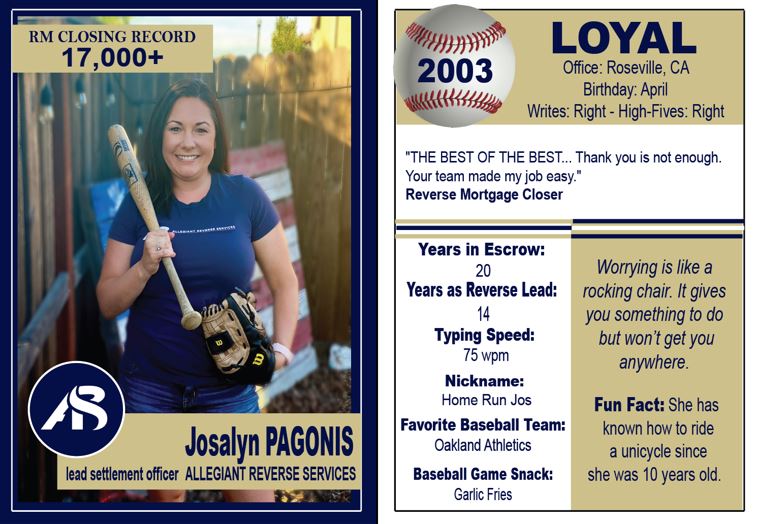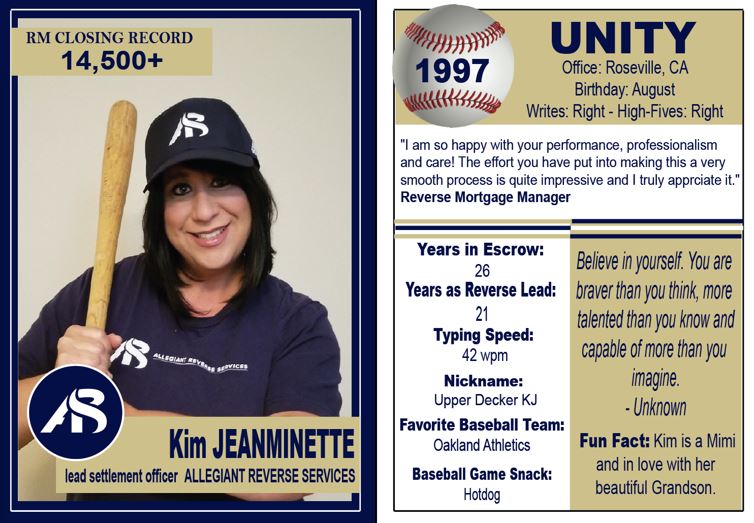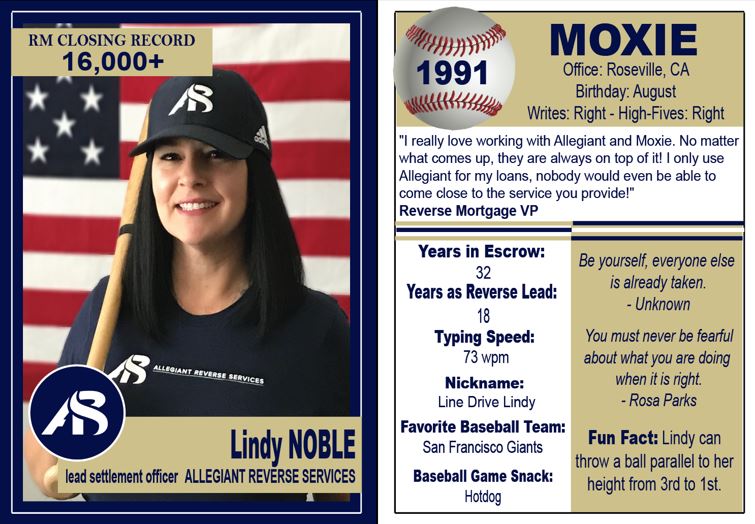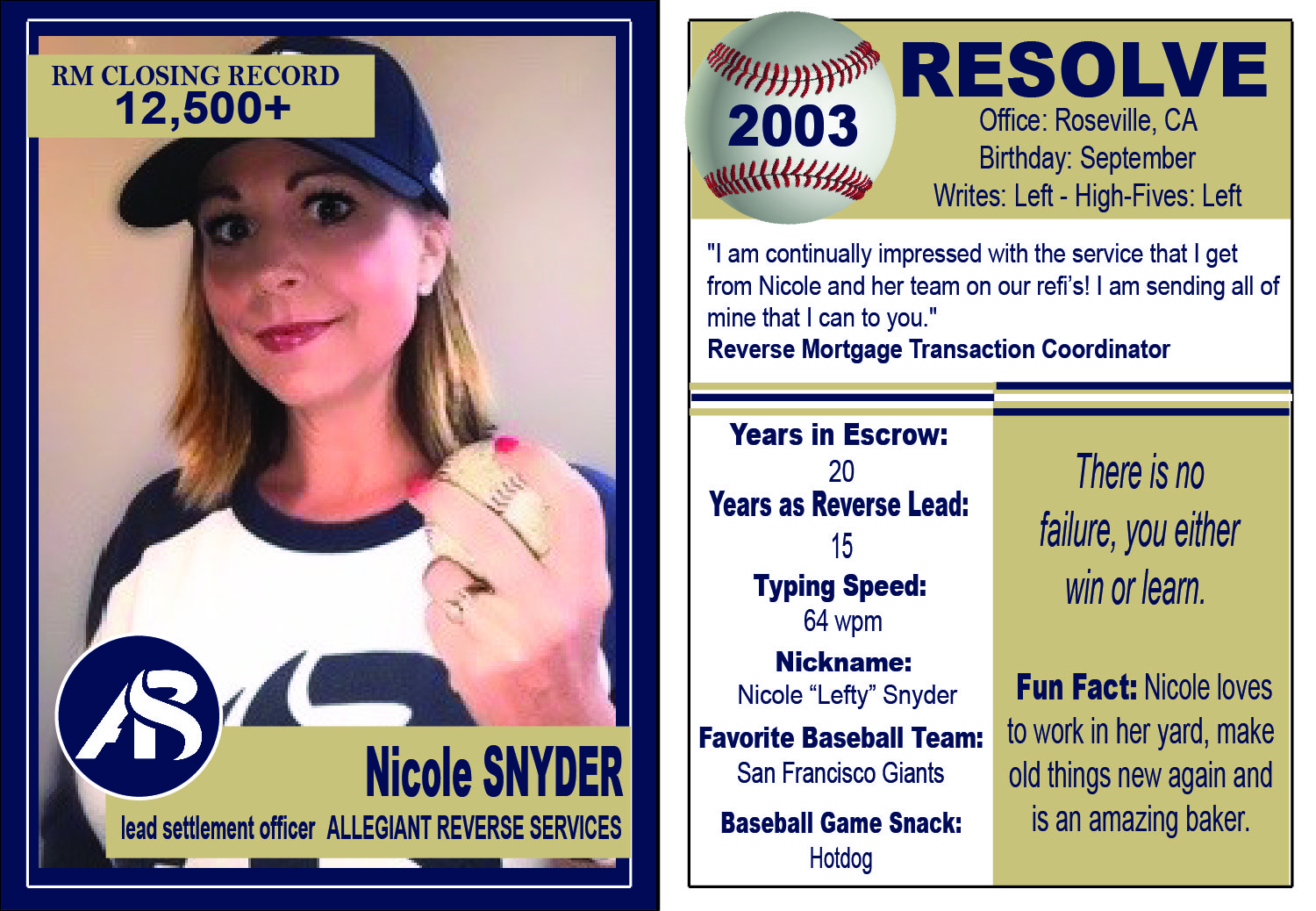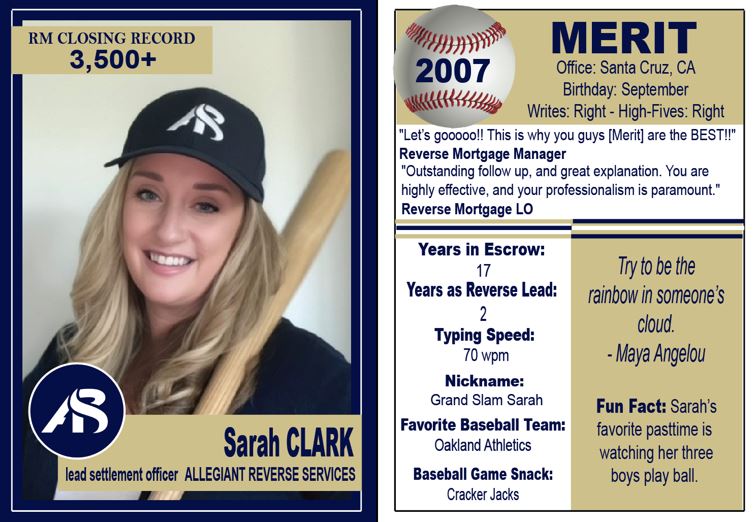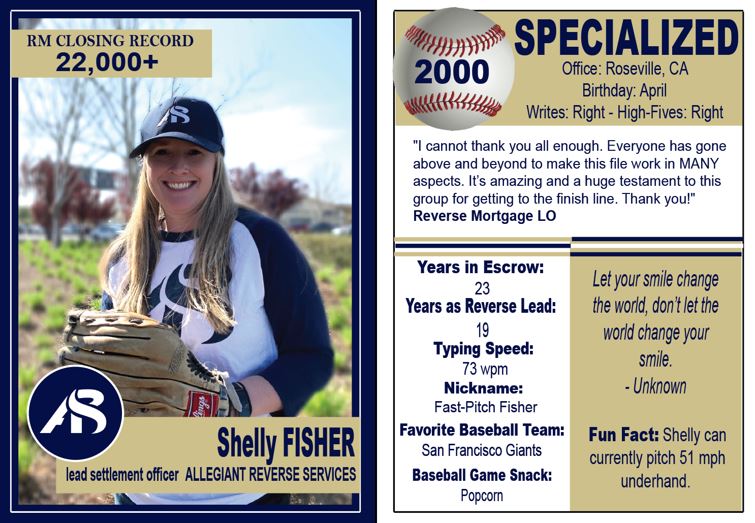Title Tale: Trusts and Joint Tenancy
/in Updates/by Adan GutierrezAt ARS we are occasionally asked by clients to recommend how multiple parties should take title to real property. Should it be as joint tenants, as tenants in common, as community property, or something else? We will inevitably decline to provide an opinion because, one, we are not a law firm, and two, we do not know the borrower’s family or financial situation and therefore are not in any position to make such a recommendation.
There are some situations, however, where we feel obligated to comment on the lender’s or borrowers’ proposed method of holding title because we know it will not have the effect desired by the parties. The most prominent example occurs when one borrower holds title to property in a trust created by that borrower, and of which the borrower is both sole trustee and sole primary beneficiary, while the borrower’s spouse, also a borrower, has no interest in the property. In our experience lenders generally require both borrowing spouses to have an ownership interest in the property, but rather than amend the trust to add the spouse as a primary beneficiary, the borrowers request a deed adding that spouse to title, so that vesting would read:
Harry Husband, as Trustee of the Harry Husband Trust dated April 1, 2010, and Wendy Wife, as joint tenants with rights of survivorship.
Sounds pretty good, right? And it appears to meet the four required unities for the creation of a joint tenancy: each owner has an equal ownership percentage, in this case 50% each; the interests were created at the same time; all owners have an equal right to possess the land; and finally, each joint tenant has survivorship rights.
Ah, but it is that last unity – survivorship rights – that we need to look at more closely. Under a survivorship scenario where Wendy Wife dies, the trust would own 100% of the property, so it could be said the trust has survivorship rights. But does it work the other way? No, it does not. A trust cannot be part of a joint tenancy because it is not a natural entity that can experience death. Sure, the trustee can die, but a trustee is not the owner of the property, he or she is just the manager of the trust. When a trustee dies, the trust simply has provisions for successor trustees to continue management of the trust. If the settlor of the trust dies, the trust dictates to whom trust property is to be distributed. In other words, for all intents and purposes Wendy Wife does not and cannot have a survivorship interest, no matter what the words in the deed say. Therefore, the unity of survivorship interests requirement needed to create a joint tenancy has not been met.
So, what happens when the joint tenancy vesting fails? It reverts to a tenancy in common, and in our case that means Wendy Wife’s ½ interest will not be absorbed by the trust on her death but will need processed through probate. That is clearly not what the borrowers want, as evidenced by the way they attempted to hold title. As an alternative, they might want to amend the Harry Husband Trust to add Wendy Wife as a beneficiary, or they may want to put a ½ interest into a trust created specifically for Wendy Wife.
Either way, ARS recommends they consult their attorney to craft a solution that meets both their estate planning needs and the lender’s requirements.
February Fee Calculator Updates
/in Updates/by Adan GutierrezWe are constantly updating to reflect any increases or decreases in state fees or underwriter changes to ensure that you are pulling accurate quotes each time. Our calculator has been updated to reflect fee changes in the following state(s):
Tennessee
Conveniently get a quote any time, day or night, by simply and accurately inputting the required information and let our interactive fee calculator do the rest. Please call 844-808-8299 or email solutions@allegiantreverse.com for further details or for a quote.
February 2024 Webinar
/in Updates/by Adan GutierrezProperty Profiles and Customized Data Lists
Thursday, February 15, 2024
10:00 am PST/1:00 pm EST
Click here to register.
Meet our Solutions Department
/in Updates/by Adan Gutierrez
Office Closure: Presidents Day
/in Updates/by Adan Gutierrez
Our offices will be closed for President’s Day on Monday, February 19, 2024.
Contact

TF: 844.808.8299
905 Highland Pointe Dr., Suite 150
Roseville, CA 95678
Updates
- Title Tale: Title Tips for TrustsApril 18, 2024 - 10:09 am
Instead of Title Tales this month, how about Title Tips? Specifically, Title Tips for Trusts (say that ten times fast and see where your tongue ends up!). ARS specializes in reverse mortgages, and for obvious reasons there are many more trusts to review in proportion to orders than for any other loan type. They keep […]
- Title Tale: Power of Attorney ScenarioMarch 25, 2024 - 1:57 pm
Written by: Mylene Marcelo, Title Manager/Title Officer We have a current vesting deed adding son into title dated 2017 as joint tenants with rights of survivorship. The Deed was executed by a Power of Attorney (POA) made by Wilma, Principal to Fred Jr., as Agent. The POA was dated 1997. Wilma was competent at the time […]
We are
A division of

Proud members of

Trusted and Verified by
